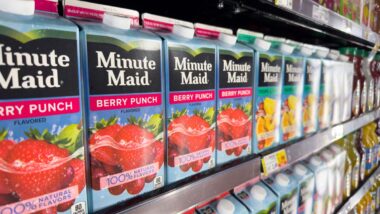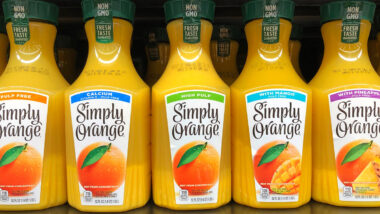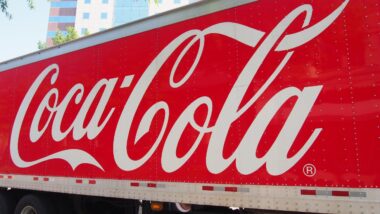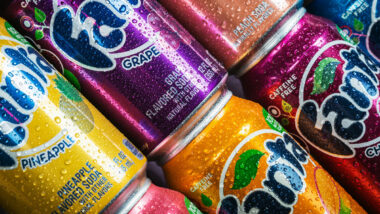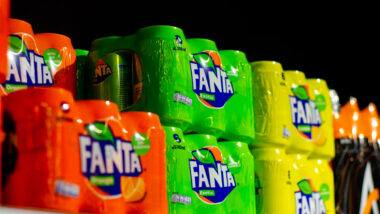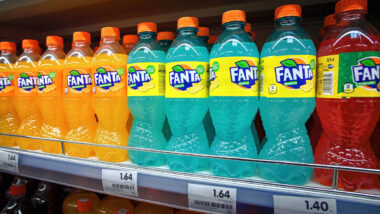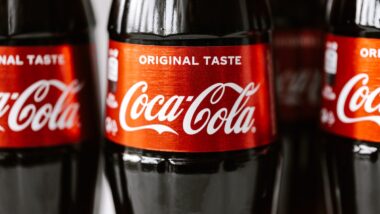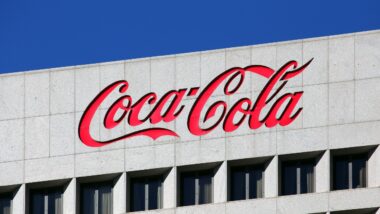Top Class Actions’s website and social media posts use affiliate links. If you make a purchase using such links, we may receive a commission, but it will not result in any additional charges to you. Please review our Affiliate Link Disclosure for more information.
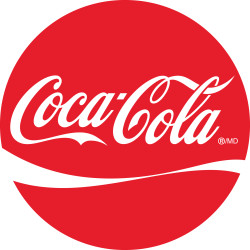
Back in December 2012, Plaintiff Wesley Phillips sued Coca-Cola Co. and its marketing firm Mozes Inc. for allegedly sending thousands of unwanted text messages to consumers.
Phillips said he received several Coke Zero spam text messages after he responded to a football game scoreboard announcement to text his vote for his favorite team.
The TCPA forbids companies from reaching out to people on their phones using an automatic telephone dialing system or prerecorded message without their prior permission. Violating the TCPA carries a $500 fine per violation with some awards reaching $1,500 if a jury decides that a company willfully violated the law.
Phillips’ claim against Coca Cola centers on allegations that Coca-Cola violated the TCPA by sending him spam text messages without his prior express consent.
Earlier this year, Coca-Cola disputed the spam text messages claims, moving to dismiss the case on grounds that Phillips provided his “prior express consent” to receive the text messages by texting his vote for “BAMA” in response to the tug-of-war promotion.
However, the court denied Coca-Cola’s motion concluding that Phillips had a plausible claims that his number was not “knowingly released” with the “BAMA” text, but was rather “captured” by the company and ordered a period of discovery.
At the conclusion of discovering, Cola-Cola again presented arguments for dismissal claiming that Phillips did give his express, unlimited consent to receive telemarketing messages by texting “BAMA” and that the MozesConnect system does not qualify as an automatic telephone dialing system.
Coca-Cola’s new motion for dismissal cited the Federal Communications Commission’s 2012 rule that “persons who knowingly release their phone numbers have in effect given their invitation or permission to be called at the number which they have given, absent instructions to the contrary.”
However, Phillips countered Coca-Cola’s argument that he provided “prior express consent”, saying it is without merit since he did not send the “BAMA” text for the purposes of receiving promotional spam text messages.
“What is it about texting a single word — “BAMA” — to vote for one’s favorite football team that could be construed as providing ‘prior express consent’ to receive telemarketing text messages?” attorneys for Phillips asked. “And how could a computer system that captures, stores and sends instantaneous text messages to thousands of mobile numbers in a single minute — all without human intervention — be considered something other than an automated telephone dialing system under the TCPA?”
Spam Text Messages Lawsuits
The Telephone Consumer Protection Act bars the improper use of an automatic telephone dialing system (ATDS) and prohibits businesses from using an ATDS to call or text people without their prior express consent.
Violating the TCPA by sending spam text messages carries a $500 fine per violation with some awards reaching $1,500 if a jury decides that a company willfully violated the law.
If you received unwanted text messages without giving prior express consent, you may be eligible to file a lawsuit or join a class action lawsuit under the TCPA. An experienced consumer rights attorney can evaluate your case at no charge and advise you if filing a TCPA lawsuit is right for you.
The Coca-Cola TCPA Class Action Lawsuit is Phillips v. Mozes Inc. et al., Case No. 2:12-cv-04033, in the U.S. District Court for the Northern District of Alabama.
Join a Free TCPA Class Action Lawsuit Investigation
If you were contacted on your cell phone by a company via an unsolicited text message (text spam) or prerecorded voice message (robocall), you may be eligible for compensation under the Telephone Consumer Protection Act.
ATTORNEY ADVERTISING
Top Class Actions is a Proud Member of the American Bar Association
LEGAL INFORMATION IS NOT LEGAL ADVICE
Top Class Actions Legal Statement
©2008 – 2024 Top Class Actions® LLC
Various Trademarks held by their respective owners
This website is not intended for viewing or usage by European Union citizens.



